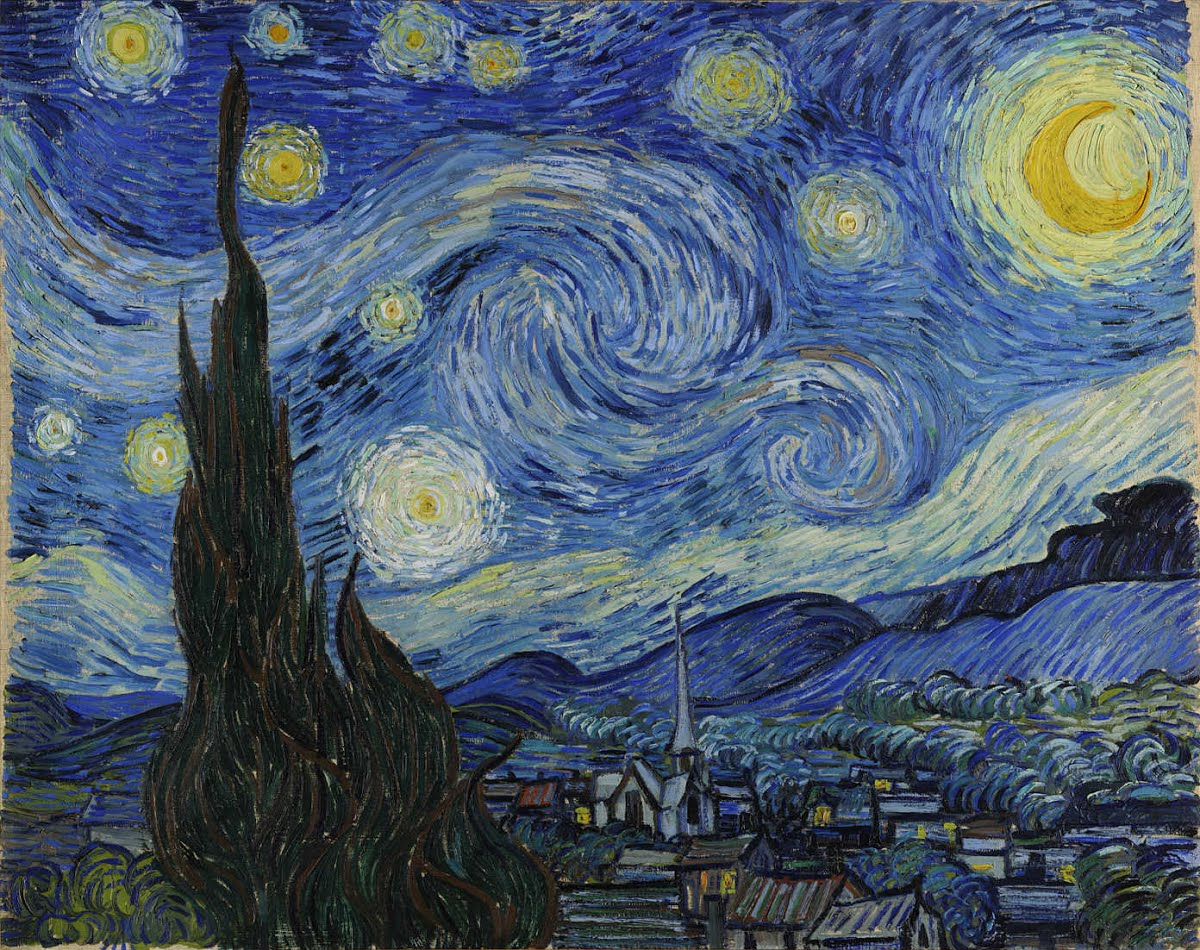| THIS twilight of two years, not past, nor next, |
|
| Some emblem is of me, or I of this; |
|
| Who—meteor-like, of stuff and form perplex’d, |
|
| Whose what and where in disputation is— |
|
| If I should call me anything, should miss. |
5 |
| |
| I sum the years, and me, and find me not |
|
| Debtor to th’ old, nor creditor to th’ new. |
|
| That cannot say, “My thanks I have forgot,” |
|
| Nor trust I this with hopes; and yet scarce true |
|
| This bravery is, since these times show’d me you. |
10 |
| |
| In recompense I would show future times |
|
| What you were, and teach them to urge towards such. |
|
| Verse embalms virtue; and tombs, or thrones, of rhymes |
|
| Preserve frail transitory fame, as much |
|
| As spice doth bodies from corrupt airs’ touch. |
15 |
| |
| Mine are short-lived; the tincture of your name |
|
| Creates in them, but dissipates as fast, |
|
| New spirits; for strong agents with the same |
|
| Force, that doth warm and cherish us, do waste; |
|
| Kept hot with strong extracts, no bodies last. |
20 |
| |
| So, my verse, built of your just praise, might want |
|
| Reason and likelihood, the firmest base; |
|
| And made of miracle, now faith is scant, |
|
| Will vanish soon, and so possess no place; |
|
| And you, and it, too much grace might disgrace. |
25 |
| |
| When all—as truth commands assent—confess |
|
| All truth of you, yet they will doubt how I |
|
| —One corn of one low ant-hill’s dust, and less— |
|
| Should name, know, or express a thing so high, |
|
| And—not an inch—measure infinity. |
30 |
| |
| I cannot tell them, nor myself, nor you, |
|
| But leave, lest truth be endanger’d by my praise, |
|
| And turn to God, who knows I think this true, |
|
| And useth oft, when such a heart mis-says, |
|
| To make it good, for such a praiser prays. |
35 |
| |
| He will best teach you, how you should lay out |
|
| His stock of beauty, learning, favour, blood; |
|
| He will perplex security with doubt, |
|
| And clear those doubts; hide from you, and show you good; |
|
| And so increase your appetite and food. |
40 |
| |
| He will teach you, that good and bad have not |
|
| One latitude in cloisters, and in court; |
|
| Indifferent there the greatest space hath got; |
|
| Some pity ’s not good there; some vain disport, |
|
| On this side sin, with that place may comport. |
45 |
| |
| Yet He, as He bounds seas, will fix your hours, |
|
| Which pleasure and delight may not ingress; |
|
| And, though what none else lost be truliest yours, |
|
| He will make you, what you did not, possess, |
|
| By using others’ (not vice, but) weakness. |
50 |
| |
| He will make you speak truths, and credibly, |
|
| And make you doubt that others do not so; |
|
| He will provide you keys, and locks, to spy, |
|
| And ’scape spies, to good ends, and He will show |
|
| What you may not acknowledge, what not know. |
55 |
| |
| For your own conscience, He gives innocence, |
|
| But, for your fame, a discreet wariness; |
|
| And—though to ’scape, than to revenge offence |
|
| Be better—He shows both, and to repress |
|
| Joy, when your state swells, sadness, when ’tis less. |
60 |
| |
| From need of tears He will defend your soul, |
|
| Or make a re-baptizing of one tear; |
|
| He cannot—that ’s, He will not—dis-enroll |
|
| Your name; and when with active joy we hear |
|
| This private gospel, then ’tis our New Year. |
65 |






Leave A Comment